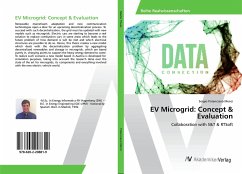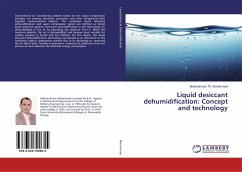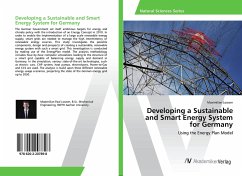Renewable mainstream adaptation and new communication technologies open a door for an upcoming decentralization process. To succeed with such decentralization, the grid must be updated with new models such as microgrids. Electric cars are starting to become a real solution to replace combustion cars in some areas which leads to the future problem of how demand is will be met and which electrical structures are possible to do so. Hence, this thesis creates a new model which deals with the decentralization problem by aggregating decentralized renewables and storage in microgrids, which are based purely in, charging points to support the heavy energy demand to come. To realize such scenario a new model based in Austria is developed for simulation purposes, taking into account the research done over the state of the art for microgrids, its components and everything involved with the new electric vehicle world.








